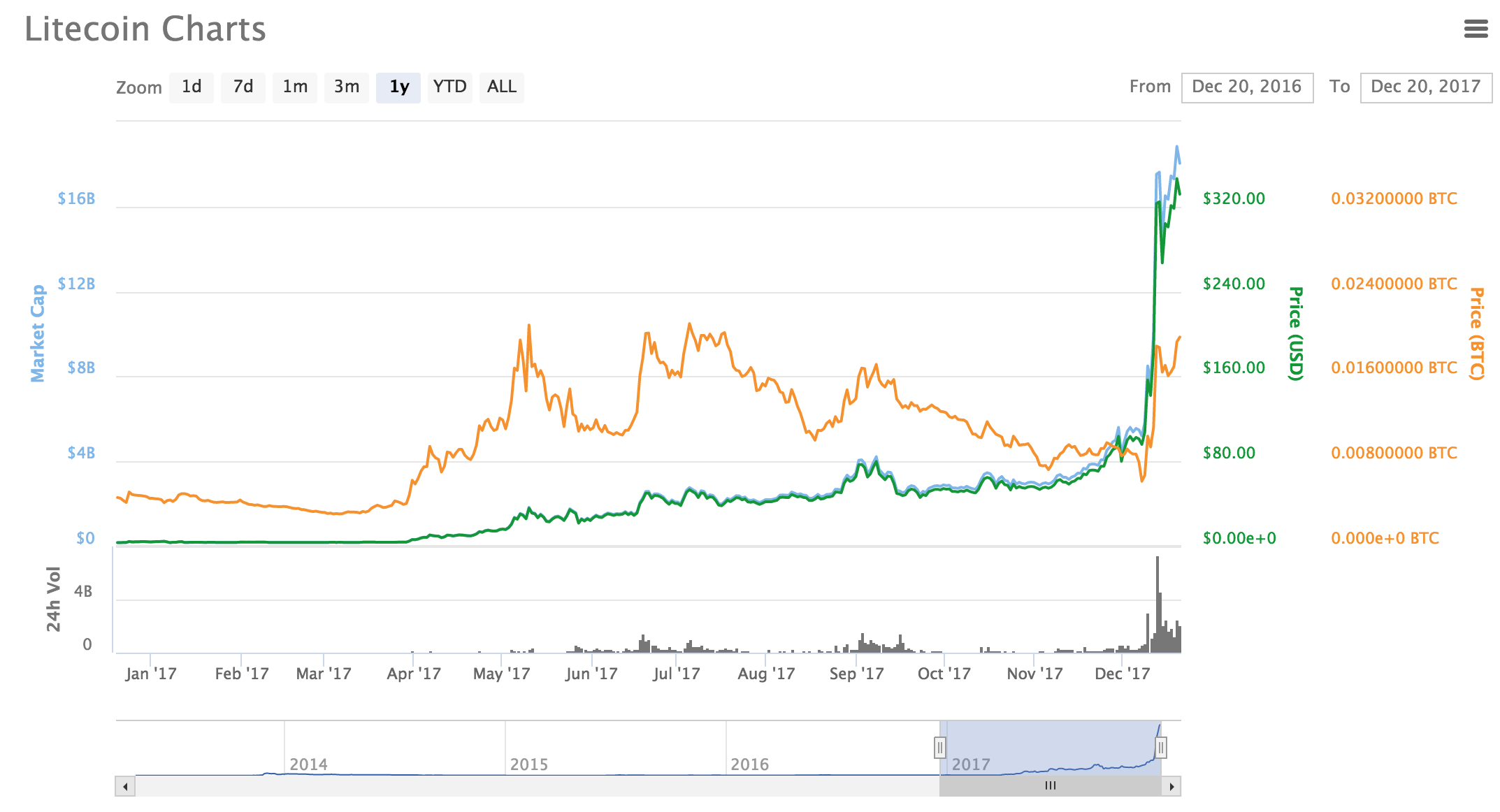Viola FinTech is a new $100M Israel-based VC fund targeting fintech startups around the world

Viola, the Israel-based technology investment group, is launching new independent VC fund targeting fintech startups from anywhere in the world. Dubbed Viola FinTech, the “cross-stage venture fund” has an initial closing of $100 million but will extend that towards $120-150 million. It is backed by global banks, insurance companies and asset managers from North America, Europe, APAC and Israel, including Scotiabank, The Travelers Companies, Inc and Bank Hapoalim.
Describing its mission as “to bridge the gap between the worlds of financial institutions and innovative startups,” Viola FinTech says its fund will work closely with its investors to accelerate what it calls “Fintegration” (no really), defined as the implementation and adaption of innovative solutions by financial institutions, and to guide startups in the regulatory and corporate environment.
To that end, the new VC’s team are said to have backgrounds in banking, entrepreneurship and investment: Prof. Daniel Tsiddon, Founder and General Partner, was the former Deputy CEO of Bank Leumi (Israel’s second largest bank) and former Chairman of Leumi Partners, the Bank’s investment arm; Tomer Michaeli, General Partner, co-founded FundBox (a leader in small business credit and payment solutions with tens of millions in revenues); and Avi Zeevi, who has been in the FinTech industry for 35 years and is Co-Founder of Viola Grop and Chairman of the FinTech fund Investment Committee.
A short email Q&A with Tsiddon follows:
What stage and size of investments are you targeting?
We are a cross stage fund which will usually invest in “A+” stage (mostly A and B, when there’s already another VC that invested in the company). Our initial check size is generally between $3M-$7M.
Which areas of fintech do you see opportunities still (it sort of feels like a lot of fintech is done in this current generation)?
We target areas that are ripe for disruption through technology where inefficiencies arise from regulation, middlemen and manual processes. Some of the areas are:
- Launching of digital services by financial institutions (back office and middleware “virtualization”)
- Wealth and asset management – bringing quant and data to the wealth management side (“HFing” the asset managers (HF- Hedge Fund))
- Customer engagement using multitude of channels and augmented by AI
- Financial services for SMBs (insurance, FX, lending, investing etc)
- Creating liquidity in illiquid assets (commercial real estate etc)
- Insurance – especially data platforms and underwriting using alternative data sources
- Regtech: applying AI to automate regulatory and compliance processes in financial organizations
Geographically, where do you see the most opportunities in fintech?
As a global fund, we see opportunities everywhere. We will focus on Israel, the EU, and the Americas.
Who is doing best in fintech right now? ie which sectors of fintech and which hubs, such as London
Fintech has multiple hubs worldwide, so it’s difficult to say who is the “best,” but the main global hubs are New York and the Bay Area, along with London and Tel Aviv on the European side. There are some great companies in Paris and an even more under the radar ecosystem doing exciting things is Belgium.
We believe Israel’s status as a fintech powerhouse comes from the right mix of entrepreneurial culture, funding ecosystem, and legacy of Fintech success and that is also what led the global and significant institutional investors to choose to back us in this fund.
Published at Wed, 06 Dec 2017 11:51:42 +0000





